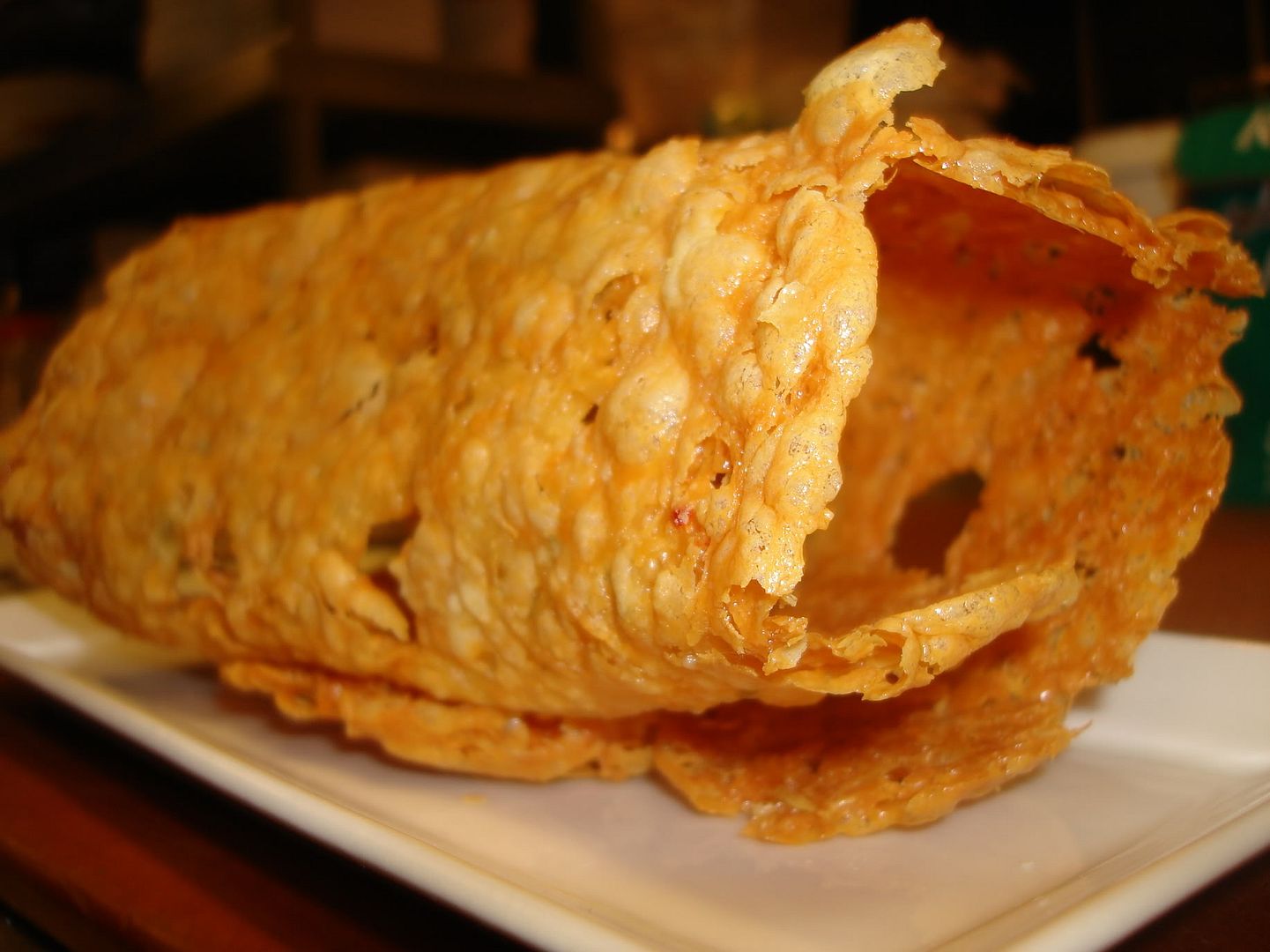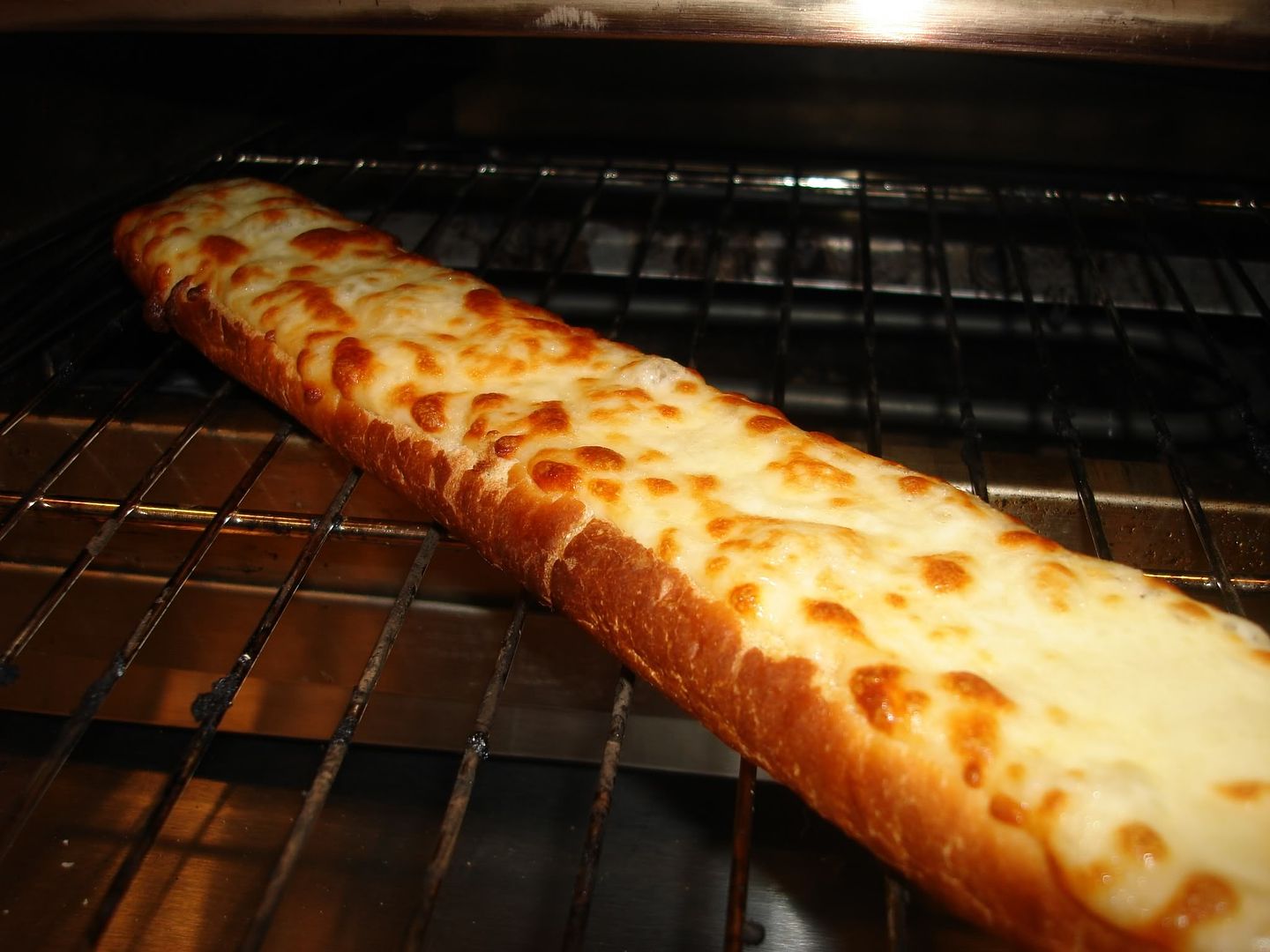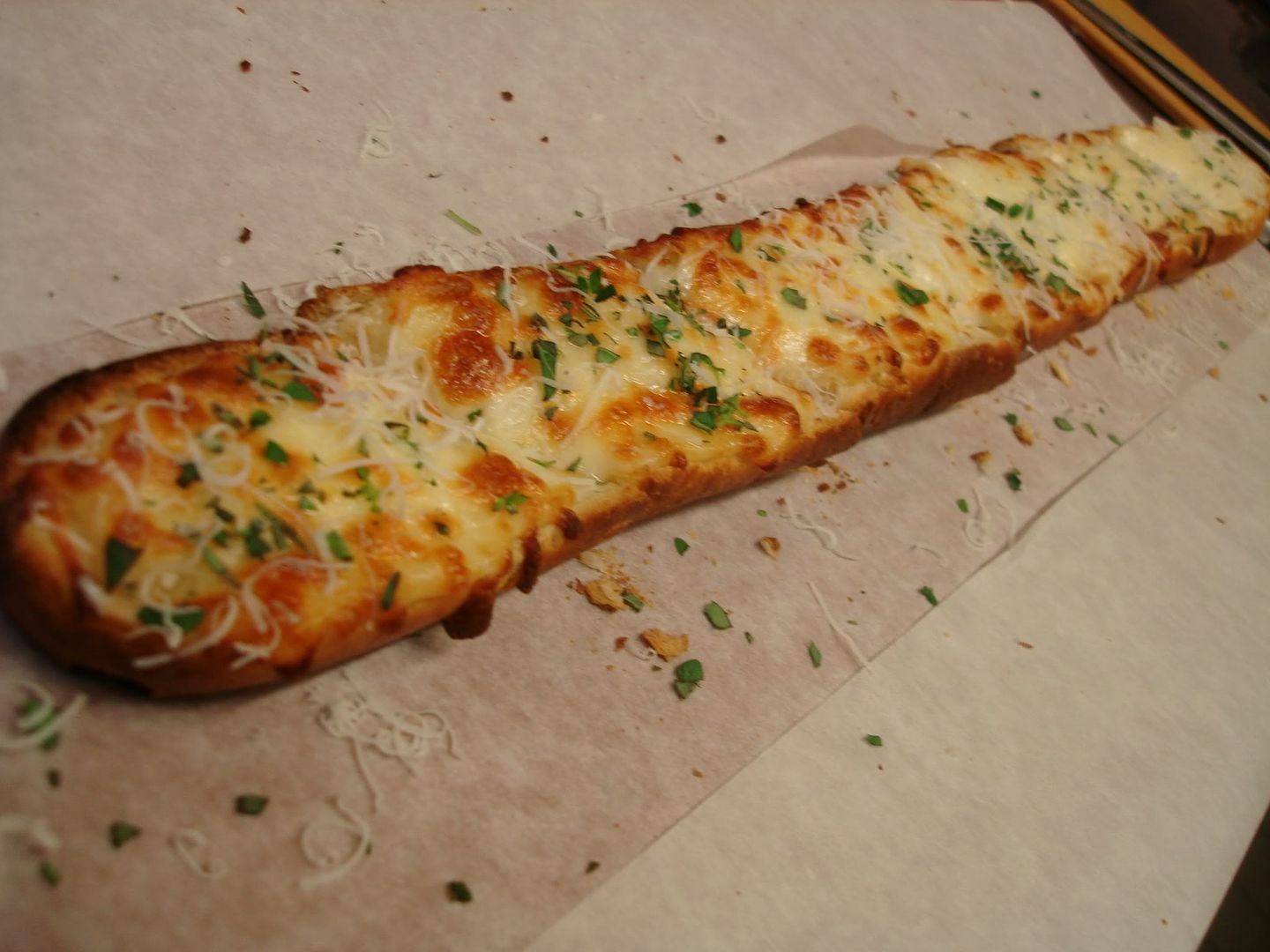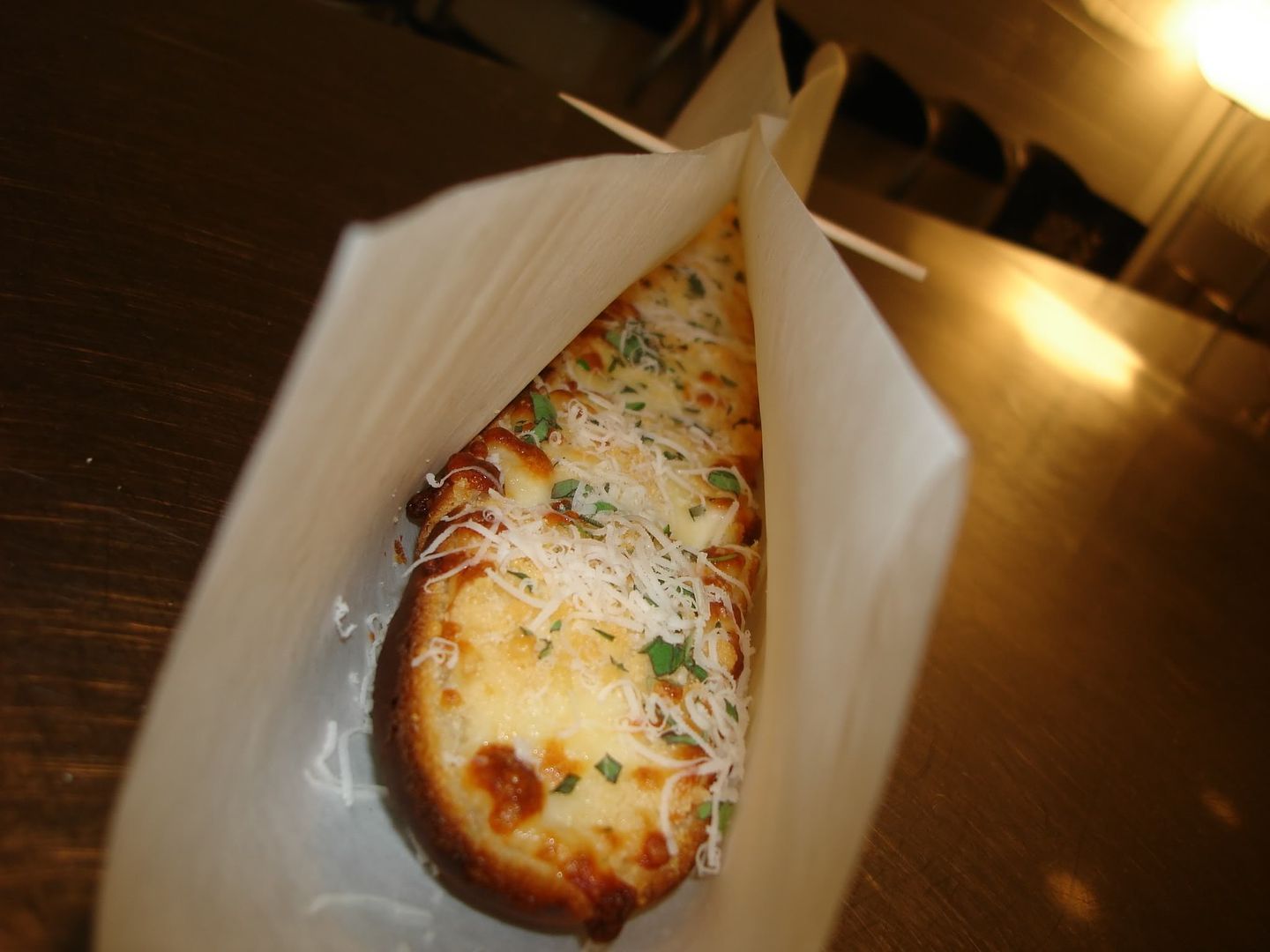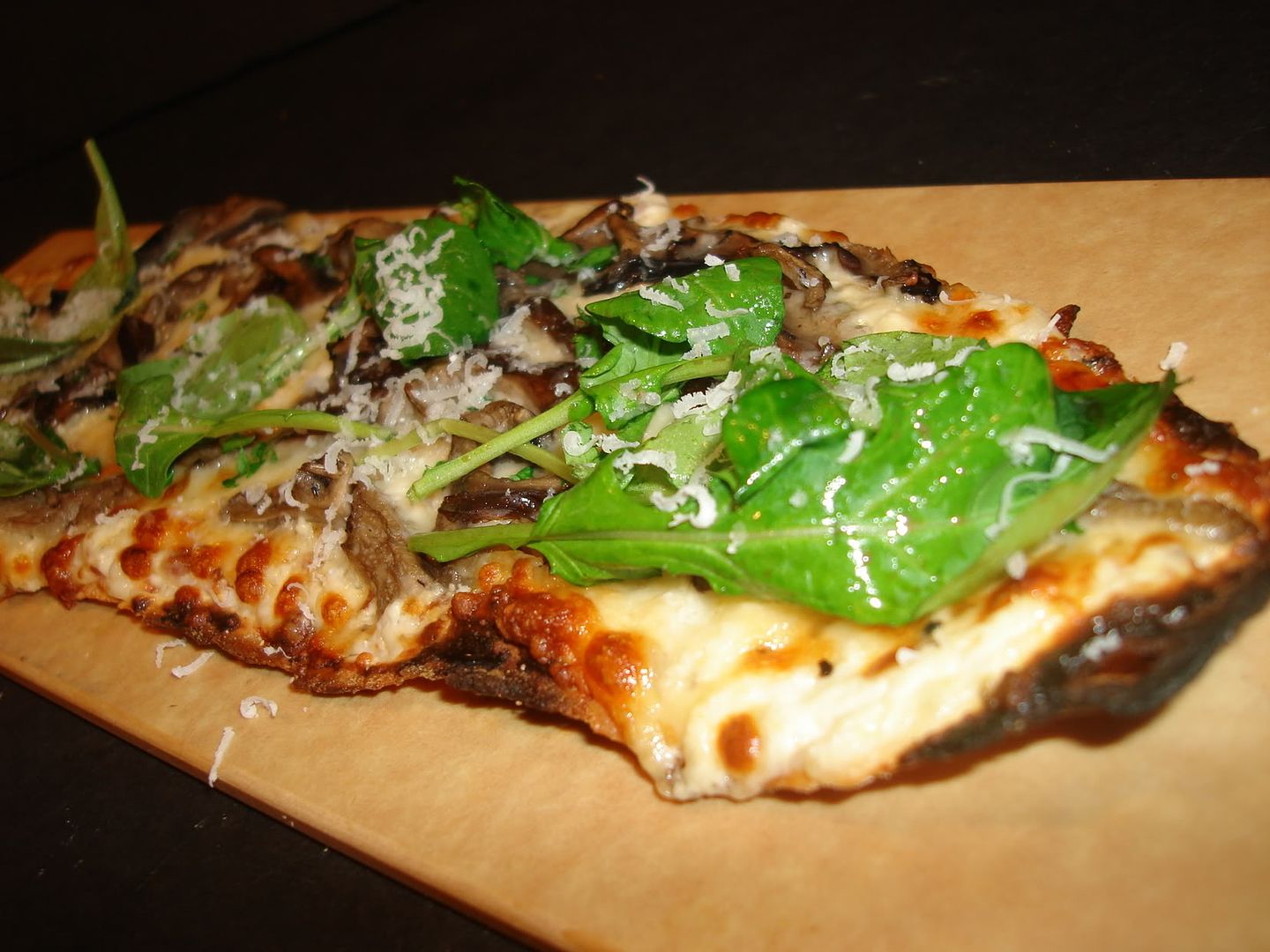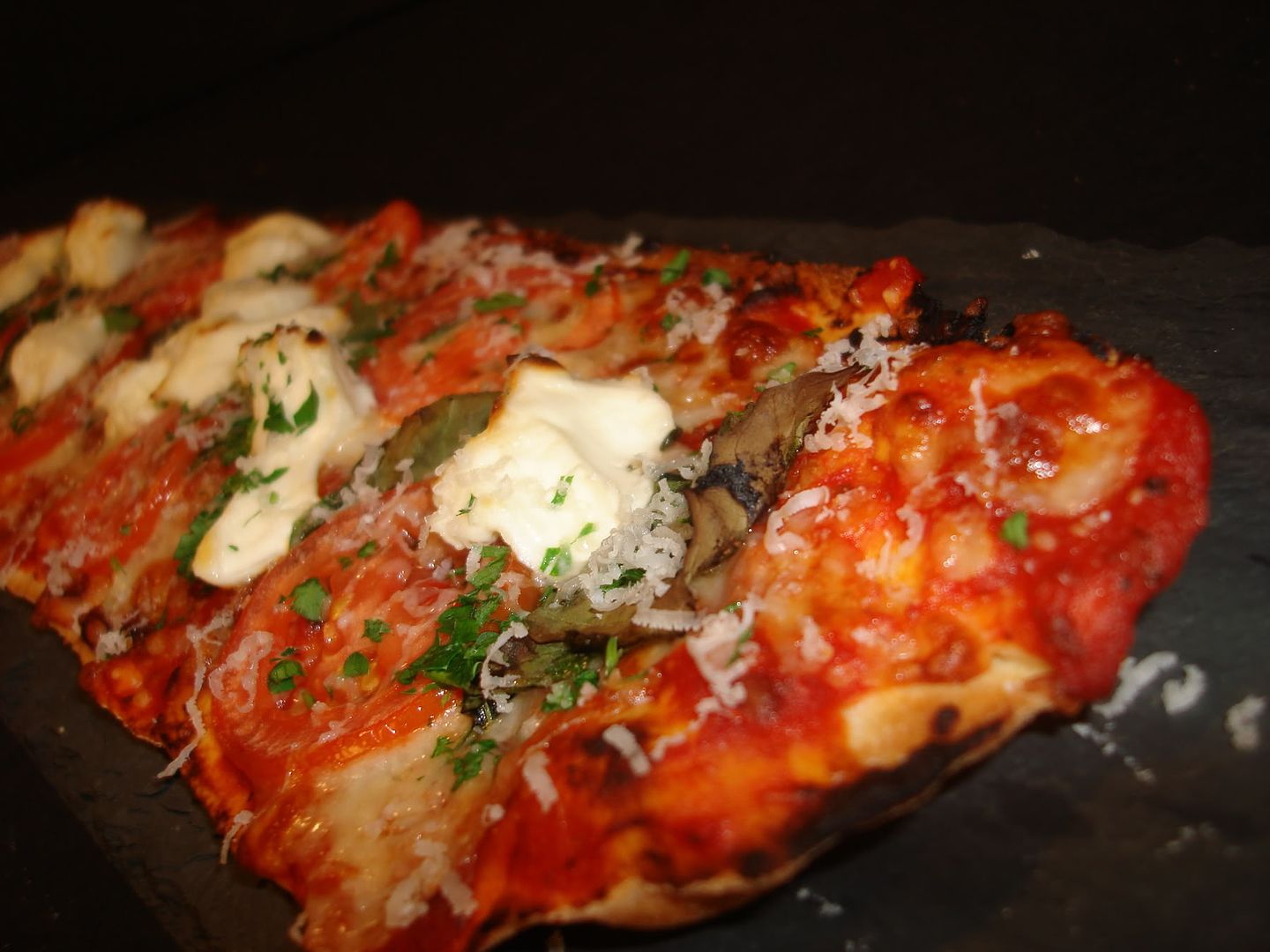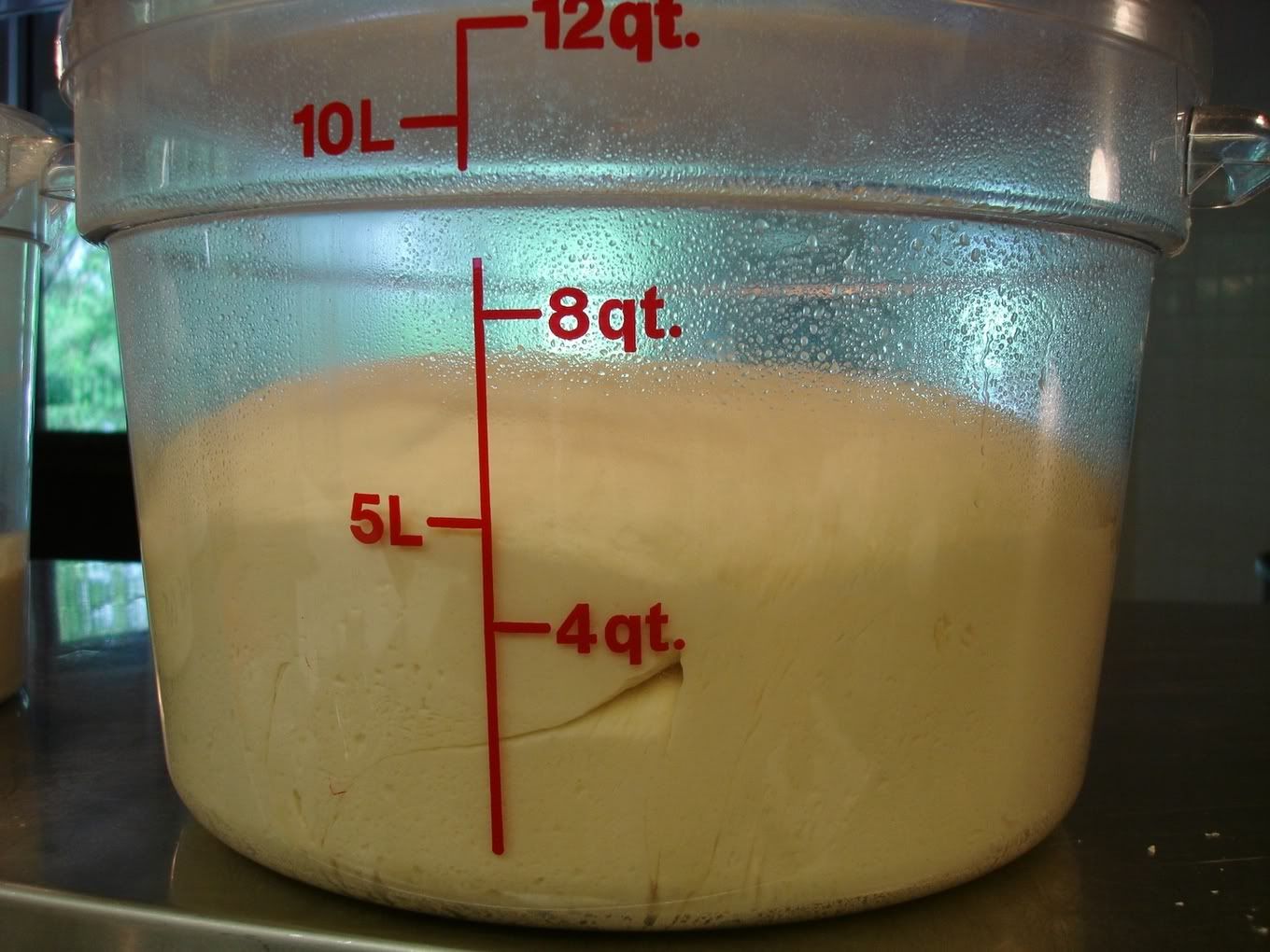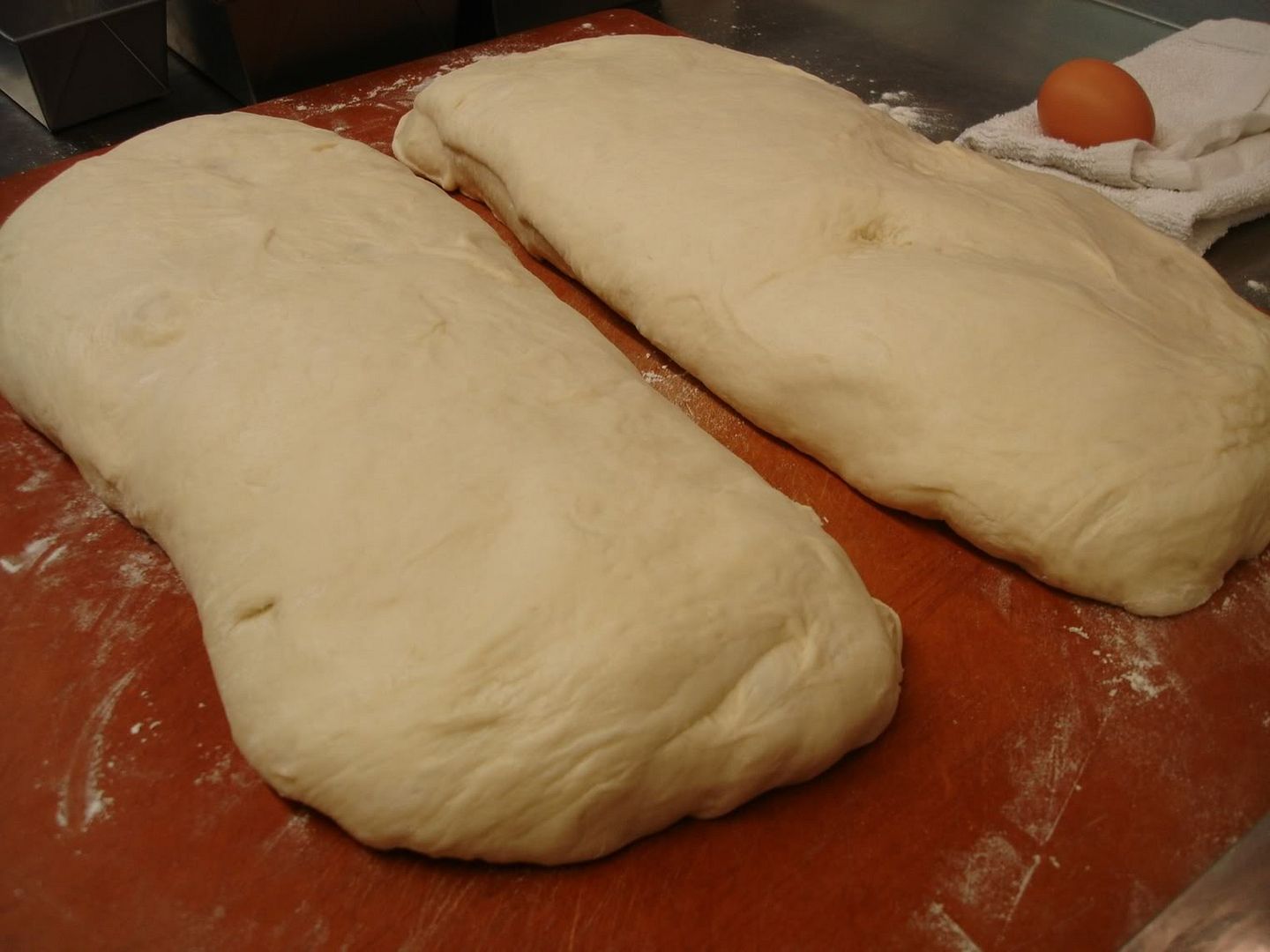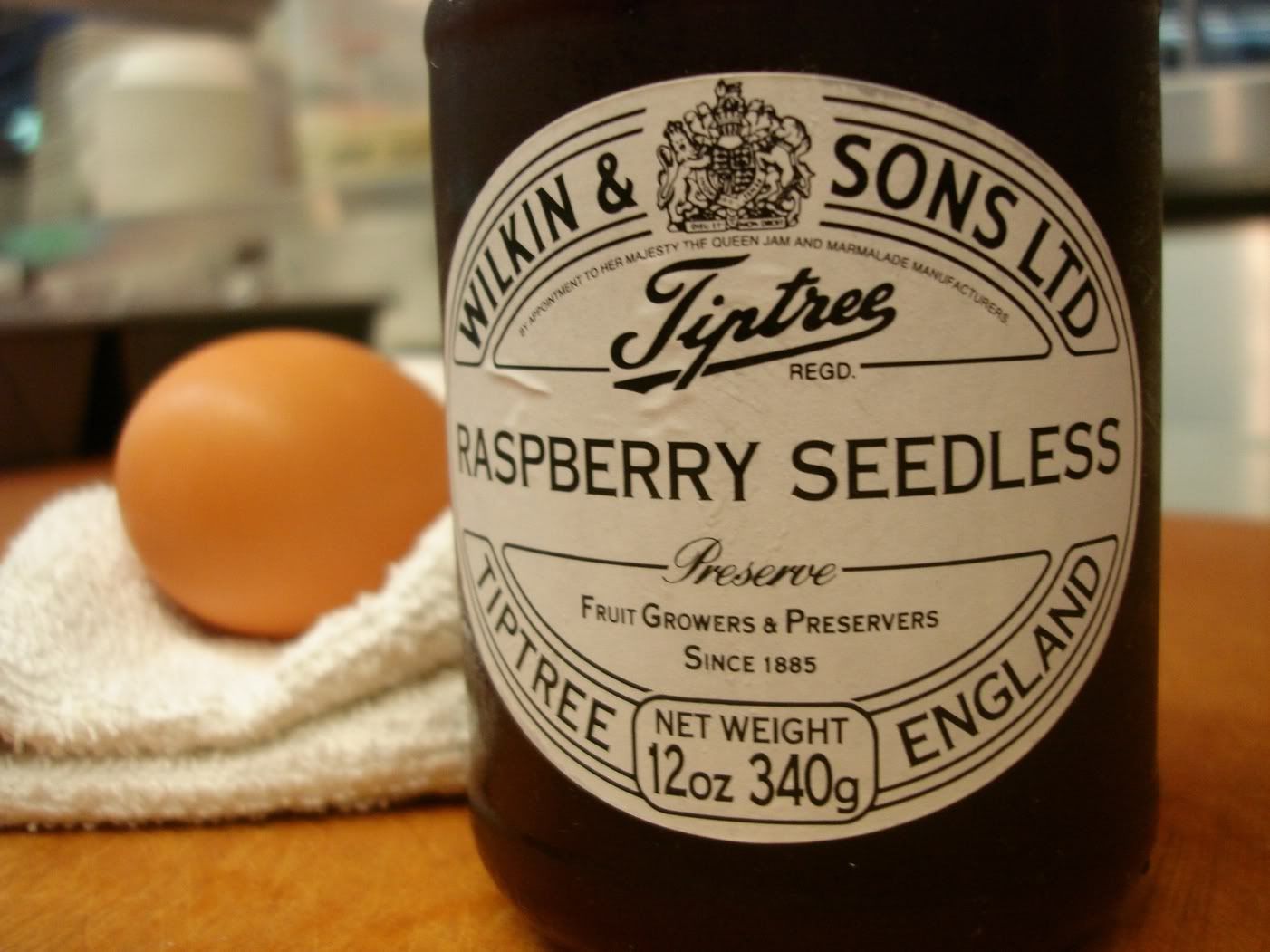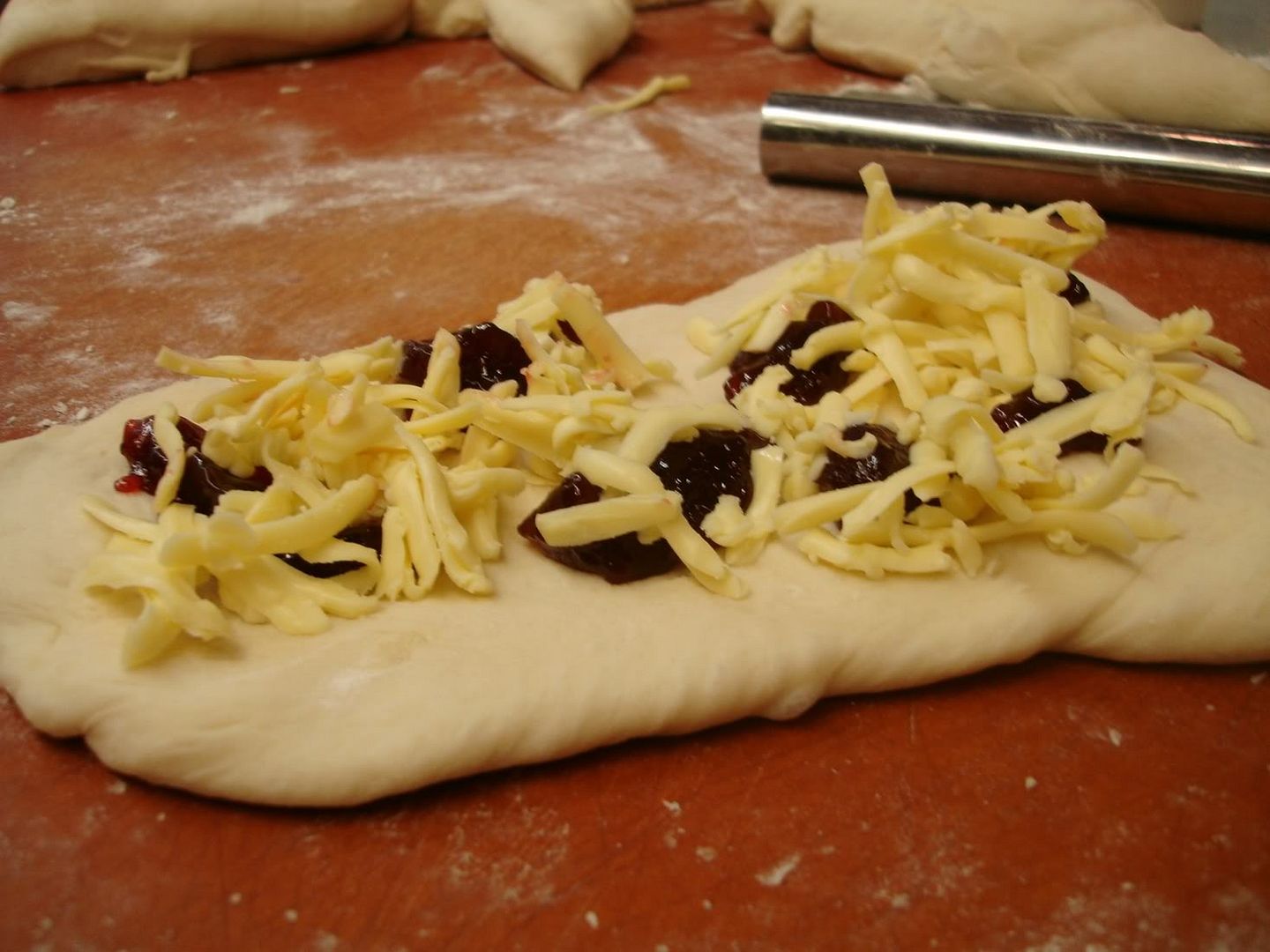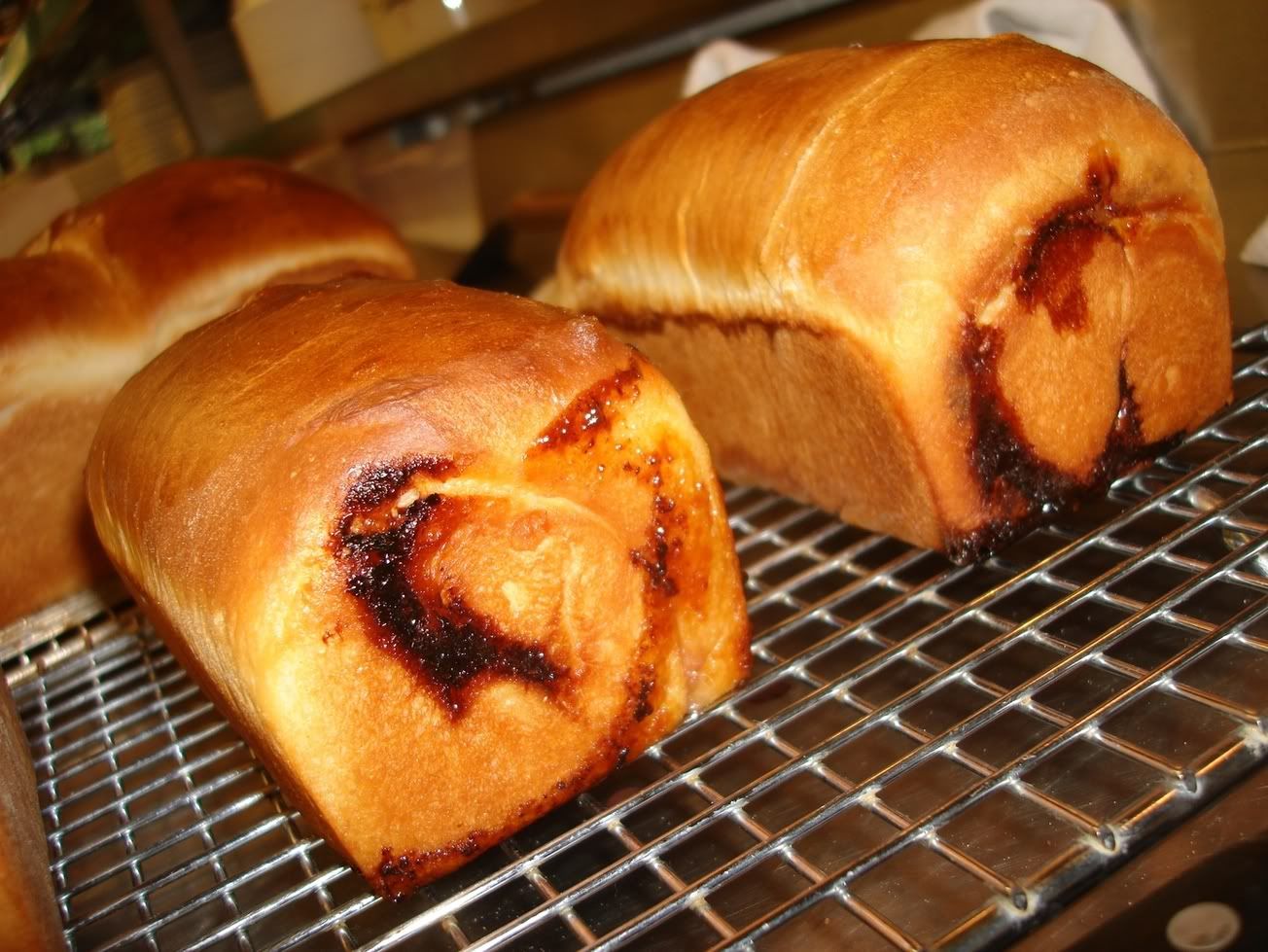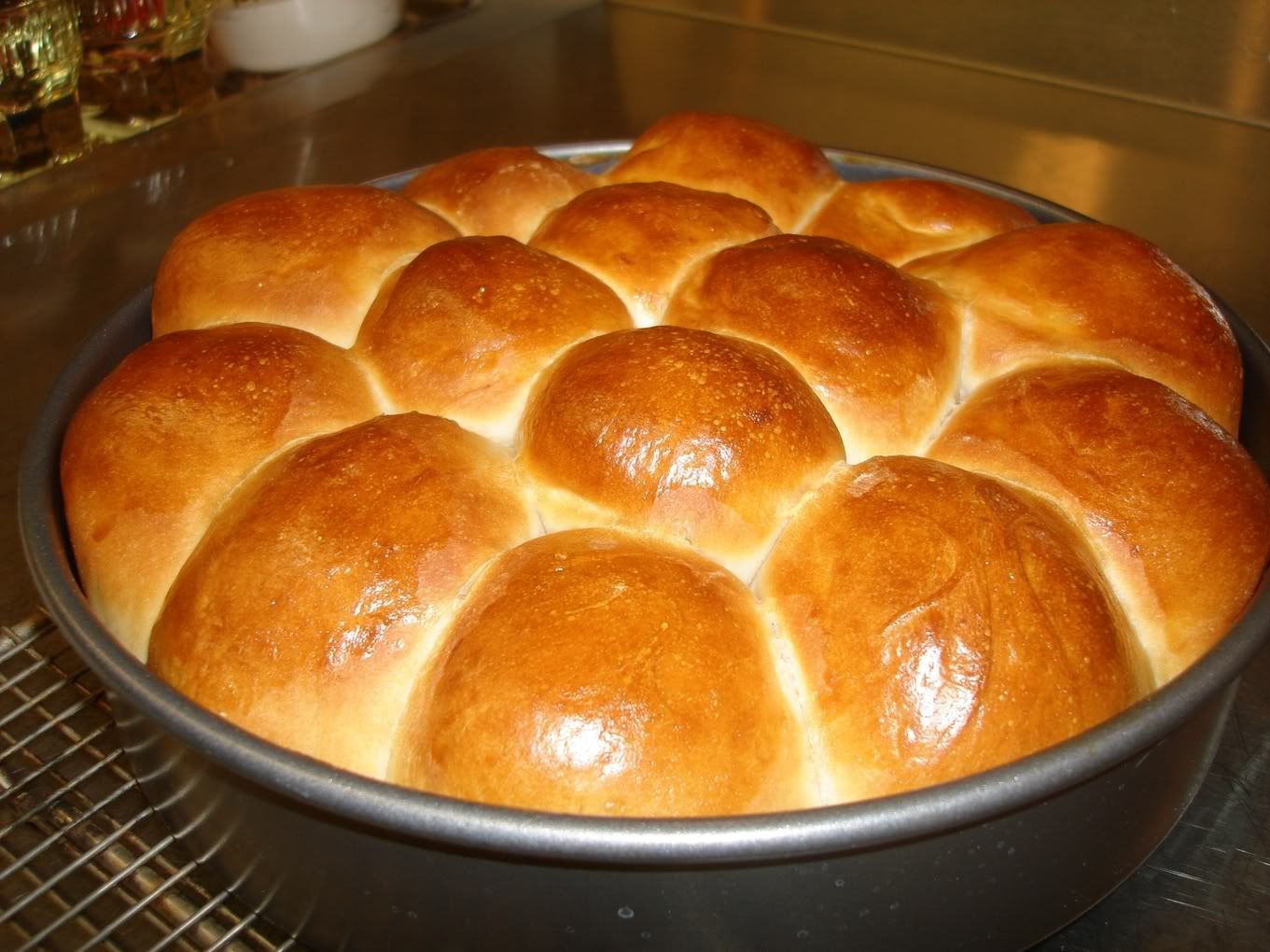A properly made chicharron is hard to pass up, a guilty pleasure for sure. I thought about the possibilities of a cheese "chicharron".
For it to resemble a traditional chicharron there were two things I deemed crucially important, first it must be crispy with open pockets of air so that it would be tender and basically disintegrate after the first crunch. Secondly, it needed to be dry yet have a fatty, creamy mouth feel as you ate it.
I paired it with a side of guajillo chile sauce...it is now gone.
